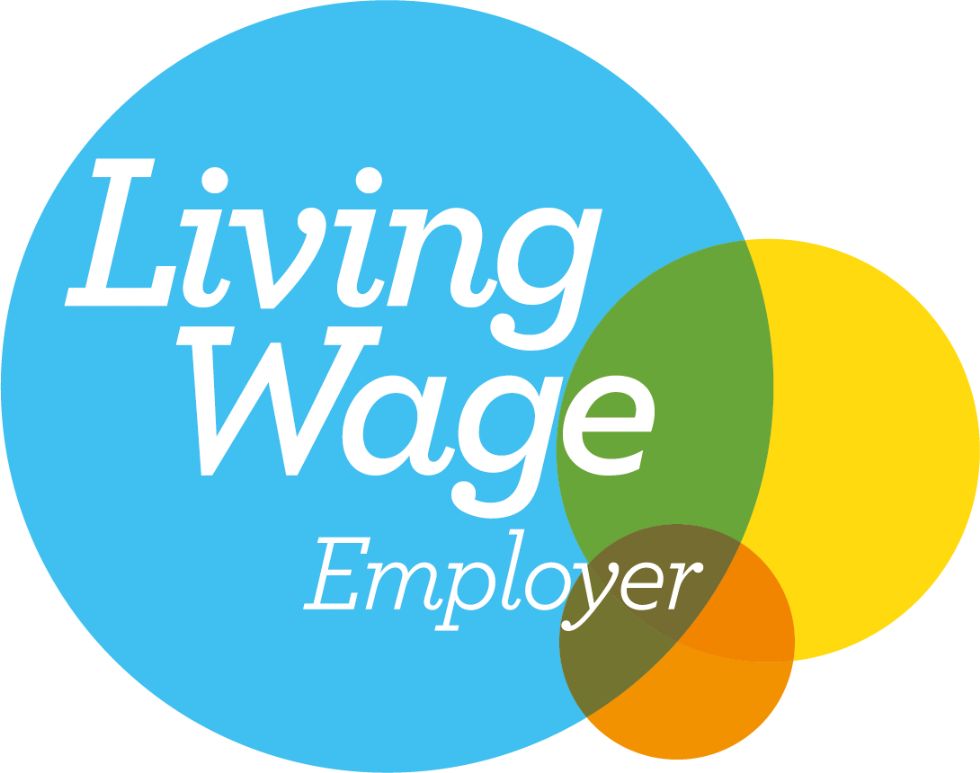Learning (and playing) at home
Jump to:
This is a library of ideas to visit when you need.
- Class Dojo
- Links to activities and games
- Links to lists of fun things to do
- Reading, maths, and science
- Helen Currie's Story Time
- Listen to stories online
- Podcasts for children
- Cooking together
- Child-friendly workouts
- Arts and crafts
- Screen-based activities
- Book publishers' online activities
- Places (e.g. museums and Mars) to visit online
- Learning help for older children, teens and adults
Class Dojo
We use Class Dojo to join together the ‘playing to learn’ we do in school with what you do at home. When your child starts school with us you will get a username and password.
Links to activities and games
- NHS activities for 0 to 5s - search by age group. Includes help with learning more than one language
- Busy Toddler - indoor activities for toddlers perfect for rainy days
- Childs Play in Action - ideas for talking games you can play any time anywhere
- The OT Toolbox - play to learn activities for physical development
Links to blogs of links
- Chatterpack blog - comprehensive list of 'free, online, boredom busting resources'
- kids activities blog - 91 free educational websites, courses as well as activities
Reading, maths, and science
- Love My Books : all about children's books including search for good books by age, topic, traditional tales and more, and activities to do together
- earlymaths.org maths in the early years
- Physics website Marvin and Milo: an amazing resource of simple and cheap but awe-inspiring and exciting experiments that you can do easily with household things.
Helen Currie's Story Time
- The Shopping Basket by John Birmingham
- Jack and the Flumflum tree by Julia Donaldson
- The Smartest Giant in Town by Julia Donaldson
Listen to stories online
- BBC Jackanory: listen to the story and look at the book
- Storyline online : more people reading stories
Podcasts for children
Recommended by Waltham Forest Parent Forum:
Some are free, but most require a subscription to Spotify or to the individual podcast:
Barefoot Books Podcast – beautiful stories for small children
Circle Round – folktales for children aged 4 to 10
Peace Out – mindfulness stories for children
Purple Rocket – adventure stories
Sparkle Stories – magic and wonder stories
Story Pirates – pirates stories
Story Time with Yarn Story Factory – FREE stories
Storyformed – celebrate how stories nourish and shape us; for parents/carers
StoryNory – FREE stories; search by American school grade
What if World – all kinds of stories told by Mr Eric
Wow in the world – science and technology stories
Cooking together
- Recipes from the Association of British Dieticians - search recipes by ingredient, meal, cooking time, oven, hob or microwave, fewer than 5 ingredients or 500 calories…
- Abel and Cole recipes - search recipes by ingredient, meal, cooking time, dietary requirements or season
Child-friendly workouts
- The Workout Badges with Hey Duggee & Joe Wicks – under 10 minutes
Arts and crafts
- The Artful Parent – hundreds of arts and crafts activities
Screen-based activities
Learn how to set up parental controls on the NSPCC website
- cbeebies - the amazing source of things to do, play and learn which is the BBC
- National Geographic kids – activities with a science/geography/geology focus
- Switch Zoo website - play games and learn about animals
Book publishers' online activities
- Dorling Kindersley - Activities and games to learn all kinds of facts
- Dog on a log books - printable things to make and do
- Oxford Owl from Oxford University Press - learning to read and books and more
Places (e.g.museums and Mars) to visit online
- This Houston Chronicle blog lists 25 museums and galleries where you can take a virtual tour.
- This Australian Families Magazine article has 17.
In particular:
The British Museum - located in the heart of London, this virtual tour allows you to tour the Great Court and discover the ancient Rosetta Stone and Egyptian mummies
NASA - visit the NASA image gallery
San Diego Zoo - the San Diego Zoo has a website with amazing videos, activities, and games. Enjoy the tour
Yellowstone Park - tour Yellowstone National Park!
Access Mars - explore the surface of Mars on the Curiosity Rover.
Canadian Farm Food 360 site offers 11 Virtual Tours of farms from minks, pigs, and cows, to apples and eggs.
Learning help for older children, teens and adults
| subject | place to look |
|---|---|
| homework |
Khan Academy - FREE help with homework (for parents who are confused by their children's school work as well as for children!) |
| crafts |
Ravelry - Knitting and crochet MAKER STATIONS HOME PACK.pdf - Google Drive - Fun things to do. Each challenge includes simple instructions using materials around the house, QR code video resources, and a student recording sheet |
| geography |
countryreports.org/ - search by country for geographic, economic and demographic data Funbrain - explore how our planet is put together |
| history |
Big History Project - History and science for older children bunkhistory.org - American history for teens and grown-ups |
| maths |
Maths Aids – dynamic maths worksheets |
| meditation |
Insight Timer - try meditation |
| thinking |
Scratch - code stories, games and animation puzzle-words – all kinds of puzzles TEDEd - all kinds of interesting videos |
| courses |
The Inspiring Digital Enterprise Award - Free mini courses an international award-winning programme that helps children and teenagers develop digital, enterprise and employability skills for free. The Open University - free courses in just about anything edx.org - 2,500+ online courses from top institutions Coursera – 2,730 free courses (and links to many paid ones) from top institutions |
| yoga | Yoga with Adriene - free and donation sessions to try at home in private |






